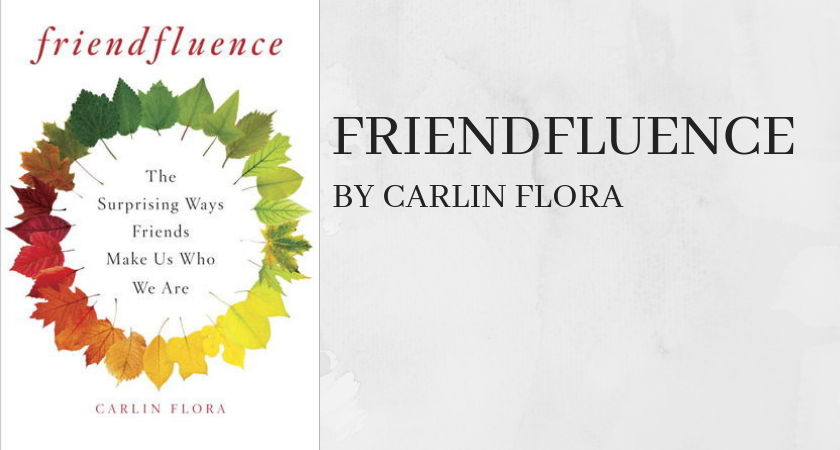I was recently asked to name a few friends, and my first reaction was:
“I don’t have friends!”
I might have been joking, but only a little. As much as I liked living in Japan, I went through some serious bouts of “do I have any friends here?” (to be fair, I had those bouts through my school years in Singapore too)
Which is why I picked up this book – I wanted to find out more about friendships and if I was abnormal. I’m still not sure if I’m normal, but I am now more convinced than ever that friends are very important.
Over the course of eight chapters, the book talks about what friendship is and the good and bad effects that it has on us. Basically, although friendship has been talked about since the time of Cicero in 44 BC, it’s hard to define what it is because friends can fulfill so many different functions. You can have close friends, and you can have not-so-close friends, but having friends is important. Also, friends fading out of your life is normal – apparently you lose half your friend group over seven years (but hopefully gain more friends at the same time), which makes me feel a little more normal.
We make friends when we share our vulnerabilities with others, but if we overshare too much too soon, that will just torpedo a budding friendship (which explains one of my problems making friends).
Why?
Because we tend to model ourselves after our friends (like attracts like), surrounding ourselves with people we can look up to can help us improve ourselves. Apparently, what our friends do is catching. It also makes us happier, although we all knew that about our friends.
On the other hand, toxic friends can prevent you from making good decisions (by enabling your bad ones) and even “wreak havoc on your health by unleashing inflammation processes in the body”.
The book also brought up a good point that society tends to underestimate the importance of friends. If your family dies, you probably will be able to get time and space to grieve. When your friend dies, you don’t really get that, even though you may be equally heartbroken.
There was also an interesting discussion on how technology affects friendships. I thought the point that “social media is stimulating, but that too much stimulation can overload our brains and eventually feed into insomnia, anxiety, or depression.” As someone who only fully entered the internet world in my teens, figuring out the balance between connecting with friends and feeling left-out from all the social media updates is tricky. I can’t say that I’m there now, but I’m slowly finding my way there – so far, I’ve realised that social networks are stressors, but blogs and chats help me to connect without stressing out.
The book sometimes reads like a summary of other books and anecdotes, but since I haven’t read much about the research into friendships, most of the information was new to me. But if you’ve already read a few books, you may find some repeated content. Personally, I’d be interested in picking up a few of the books mentioned here to find out more about their specific topics.
